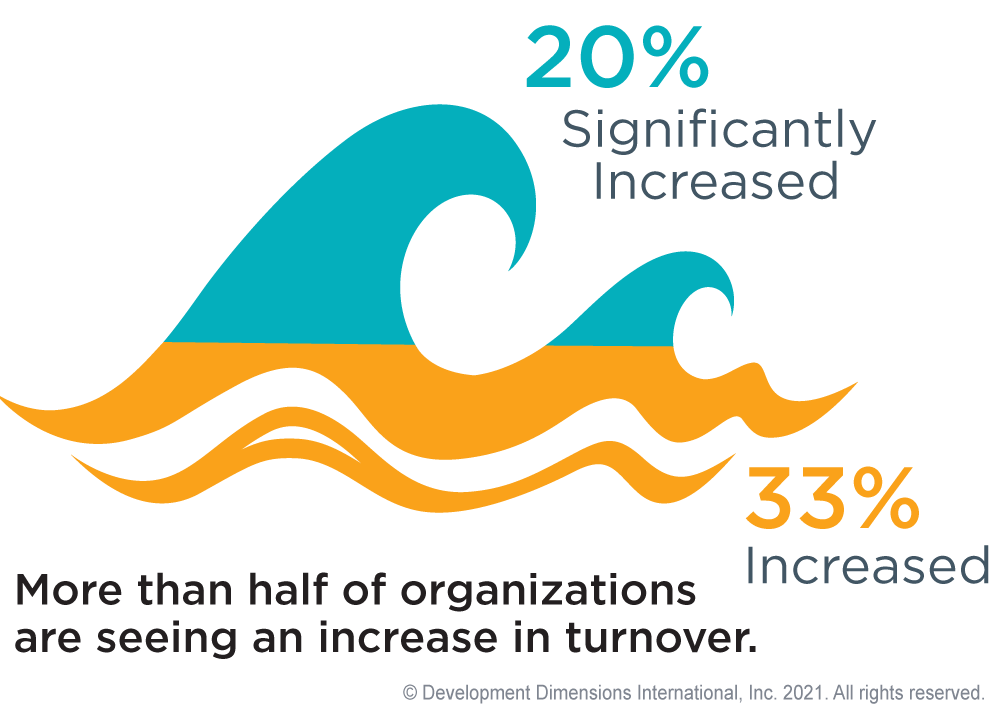- What was the best job you ever had? …
- Tell me about the job that you enjoyed the least? …
- What type of work environment do you work best in? …
- Describe your ideal supervisor?
Motivational questions are a common way for employers to assess a candidate’s motivation for applying to a role. However, theres an awful lot more to them than it first seems. To help you successfully negotiate them, weve pulled together our top tips for tackling them head on.
Motivational questions come in a range of forms. At their most simple, they might just ask “What motivates you?”, “What are you passionate about?”, “What challenges are you looking for?” or even “Where you do you see yourself in five years?”.
In essence though, they are all basically asking: “Why do you want to work with us?”
MOTIVATION Interview Questions & Answers! (How to ANSWER these DIFFICULT Interview Questions!)
Learn why it’s crucial to interview for motivational fit and how to do it well.

Though motivational fit is often downplayed compared to knowledge, experience, and competencies during the hiring interview, learning about an individual’s motivations is as important as knowing where the person has worked and what they know. There may be many qualified candidates. However, you want the one who is both qualified and excited to perform well—not the one who’s going through the motions while looking for the next opportunity somewhere else.
In this blog, I’ll define motivational fit, discuss why it’s so important to consider when hiring, show how you can interview for it, and more. But first, let’s explore some reasons why some of your best talent might be leaving in the first place. I’ll also explain the connection between turnover and motivational fit.
Why Is My Best Talent Leaving?
If you’ve noticed more of your best talent leaving, then it’s time to figure out why. You could ask them in exit interviews, and they’ll probably tell you that it’s a good time to try a new career, industry, or location. They also might say they want more coaching, feedback, authenticity, empathy, or inclusion.

Recently, there was a great study that showed that 9 out of 10 millennials would take a pay cut to work at a company that has values which mirror their own. This study seems to indicate that the next generation of leaders is looking for more from employers. They value a culture of inclusion, empathy, and growth and development over pay. And if their values don’t align with the organization’s? They’ll leave.
Proof of this happening is in today’s high turnover rates. According to DDI’s Global Leadership Forecast 2021 research, more than half of organizations are seeing an increase in turnover. Thirty-three percent of organizations we surveyed in September 2021 reported an increase in turnover from earlier in the pandemic, and 20% said they’d seen a significant increase.
How would your co-workers describe you?
The interviewer wants to find out if you have a good understanding of how you are perceived and how your behavior impacts on others.
Your self-insight and your relationship with your co-workers are both being evaluated with this interview question.
Your interview answer should demonstrate an objective view of your strengths and areas for improvement in terms of:
In your job interview answer describe the good points and perceptions but also discuss one or two areas that you are aware need attention.
For example:
“I know they consider me to be hard working. In fact, the other team members often thanked me for the extra hours I put in.”
Then move on to the areas for improvement.
“I know that I was initially considered intolerant if I felt they were not putting in the same amount of effort as I was. I realized it was better to encourage them to meet our deadlines by offering help where needed. This has worked much better for all of us.”
Use work-relevant competencies like:
when answering top interview questions like this.

Selecting the right interview questions plays a key factor in hiring the right people, as well as weeding out the bad apples.

Hiring managers spend countless, wasted hours, asking the wrong interview questions to determine the right job or culture fit in a candidate; many of them end up as mis-hires that hurt the bottom line.
What most managers dont do is make the adjustment from typical interview questions like “Why should we hire you” to behavioral interview question that eliminate vagueness and get to the root of the answer theyre looking for. Let me explain.
FAQ
What is your motivational fit?
What is your biggest motivation interview questions?
- learning new things.
- acquiring new skills.
- meeting deadlines, goals and targets.
- coaching others.
- improving processes, finding ways to solving problems.
- leading a team or being a part of a team.
- completing a difficult project.
- overcoming challenges.
How do you demonstrate motivation in an interview?
- meeting deadlines, targets or goals.
- mentoring and coaching others.
- learning new things.
- coming up with creative ideas to improve something, or make something new.
- analysing complex data in order to draw clear and simple conclusions.
- working well as part of a team.
What is a motivational interview for a job?
